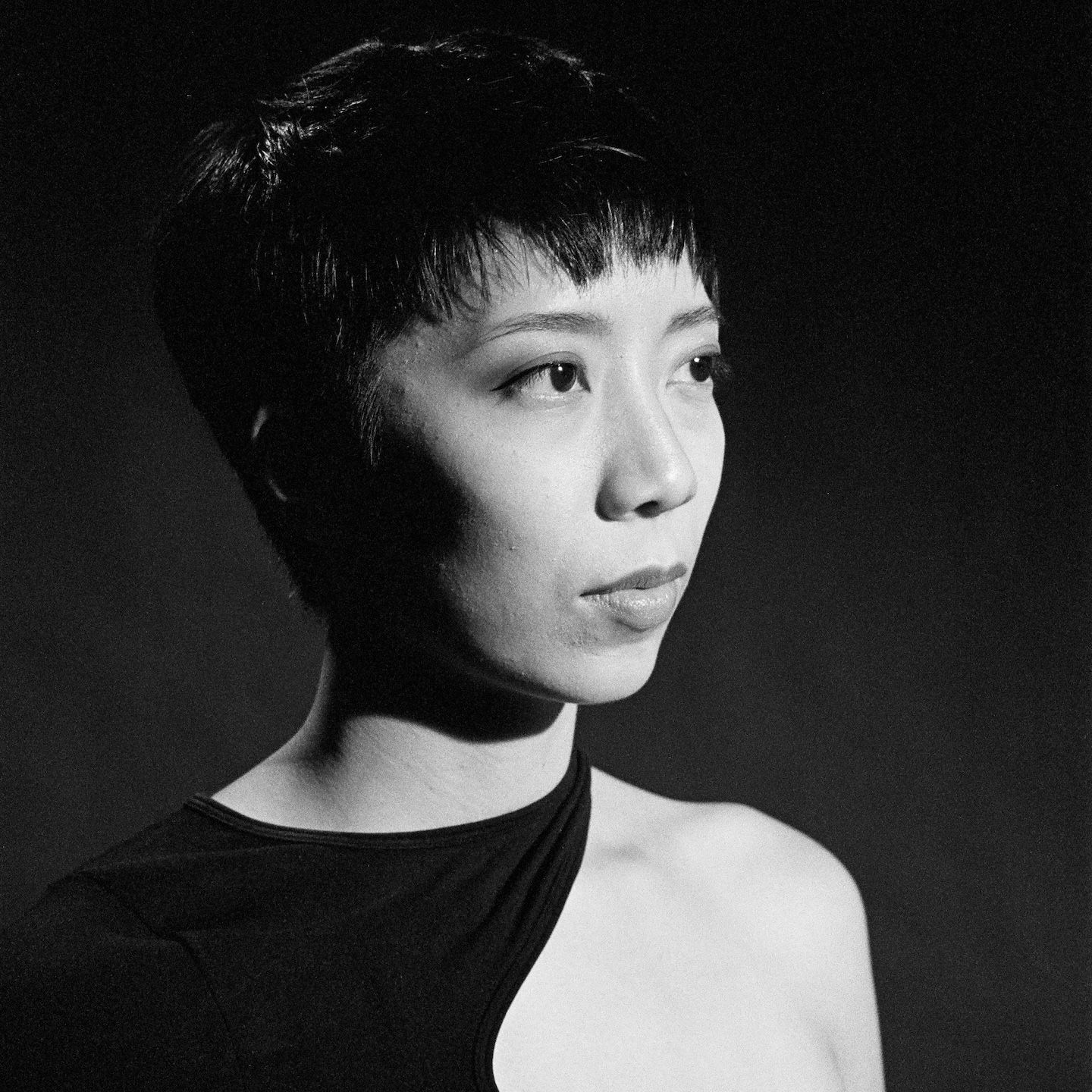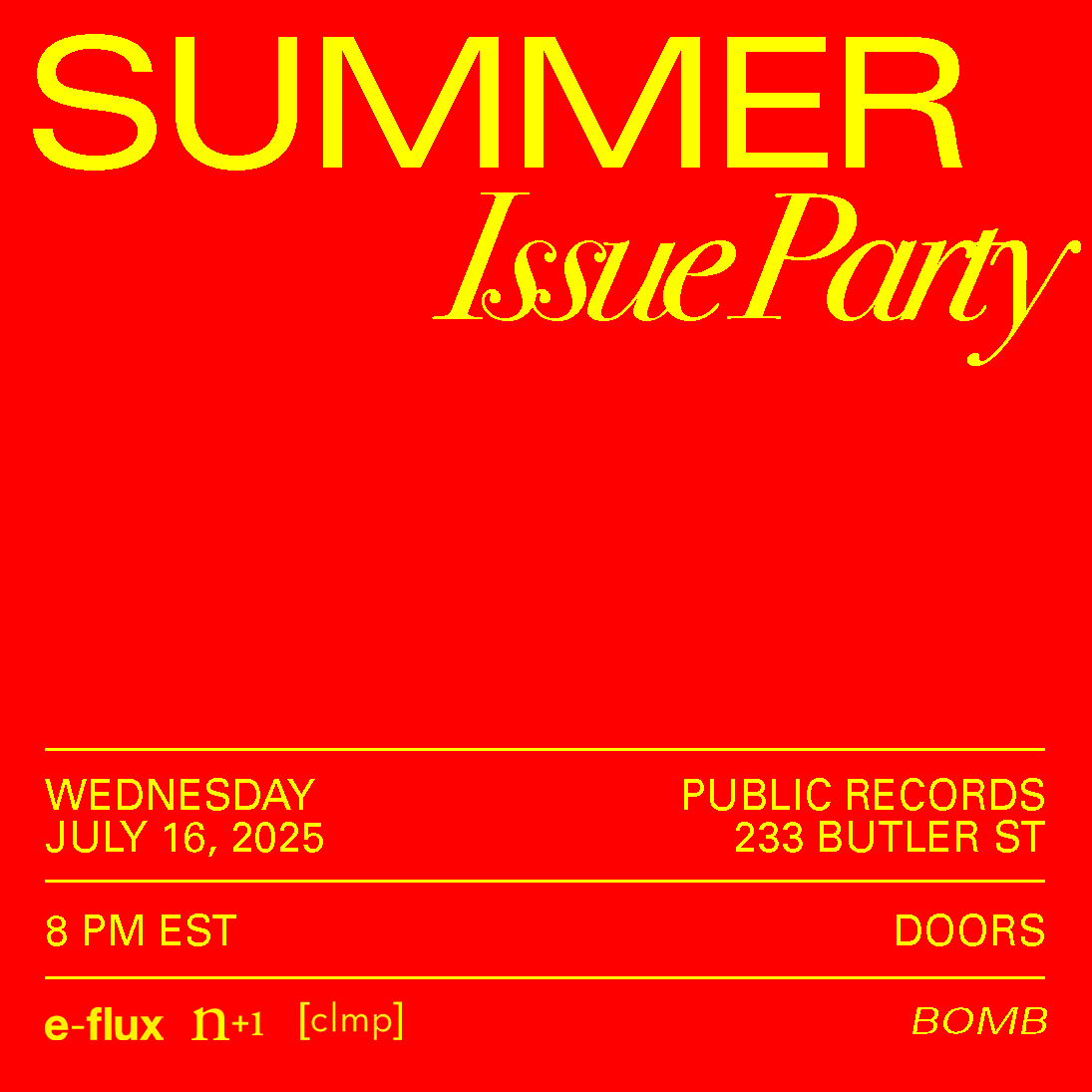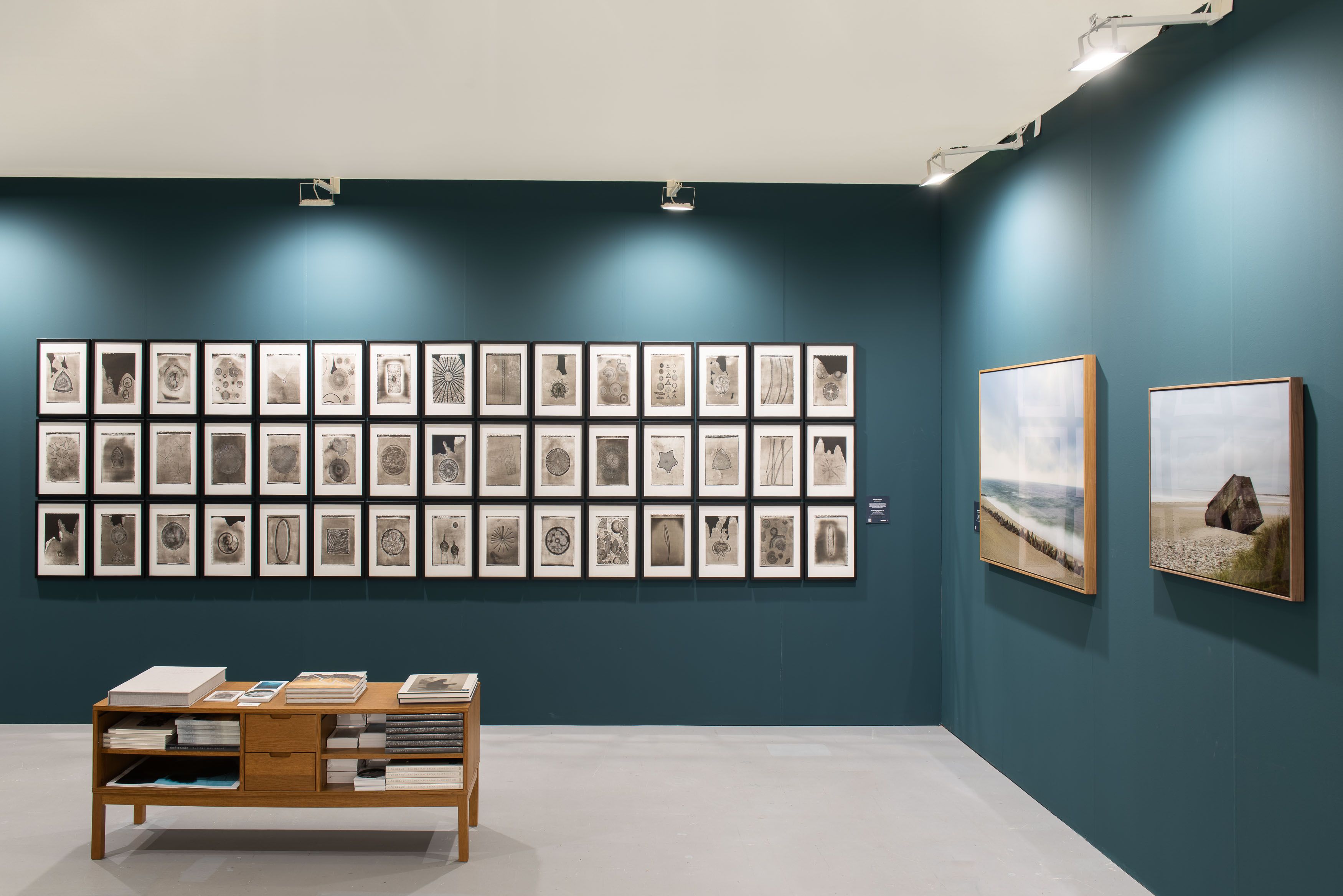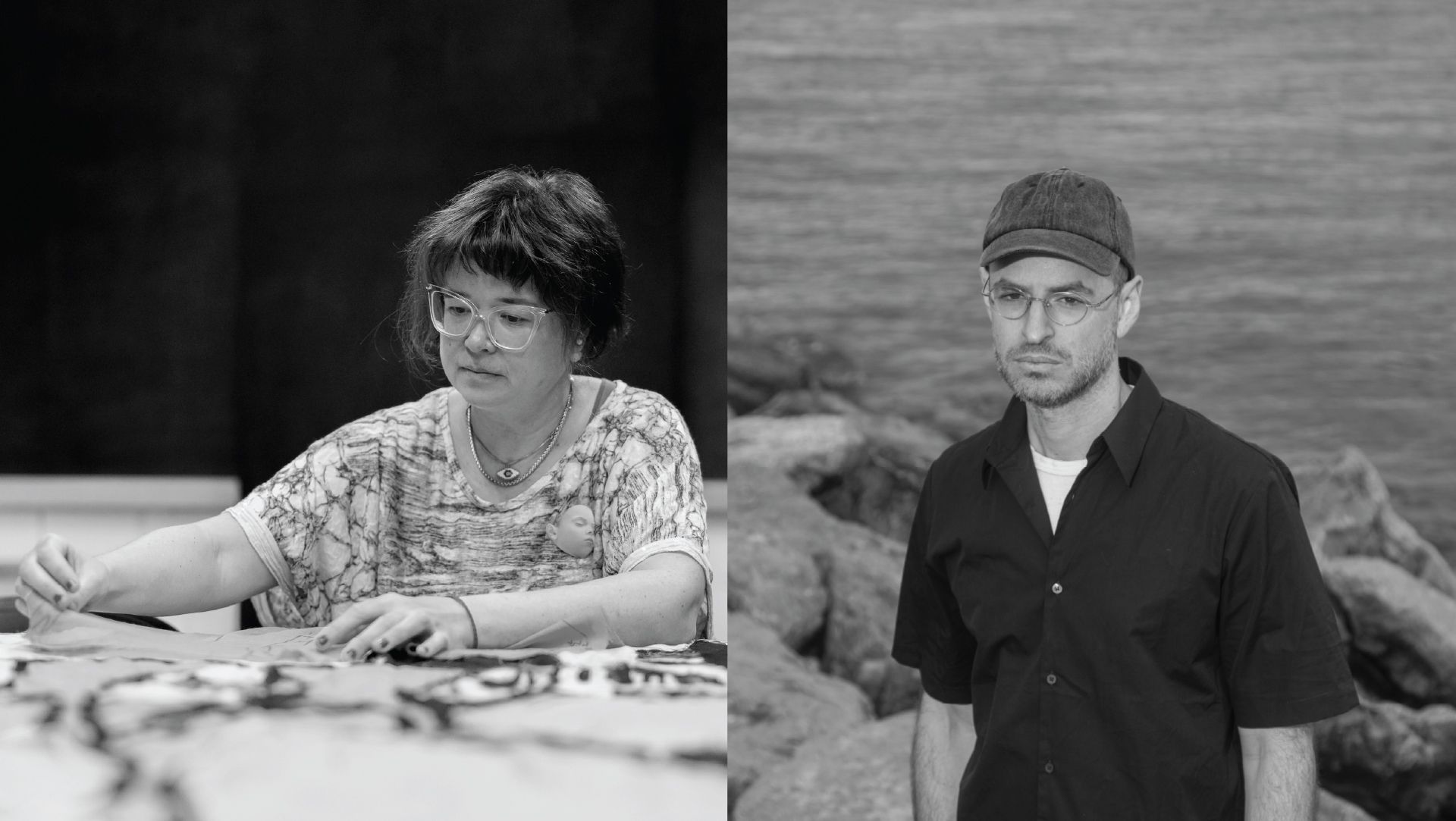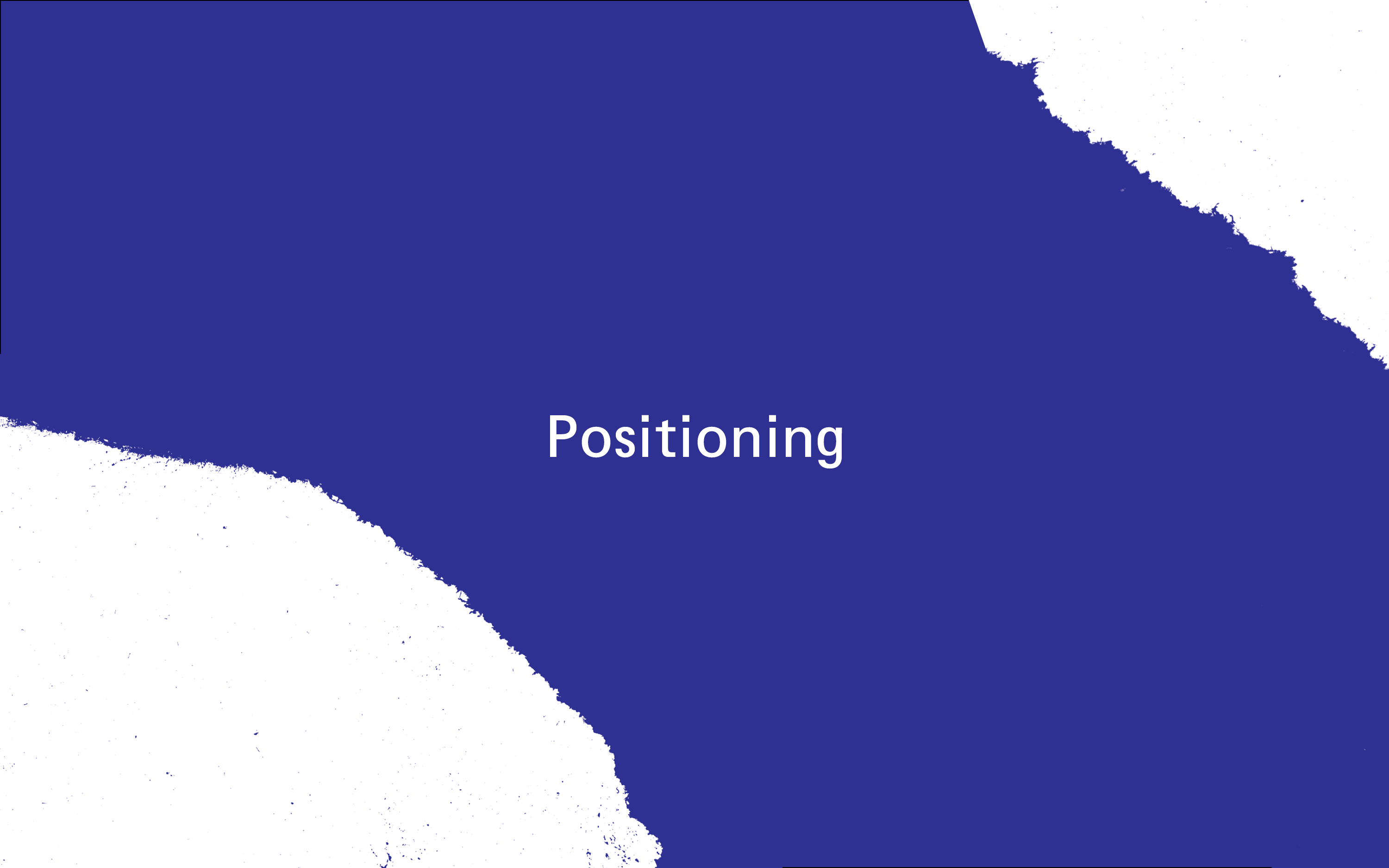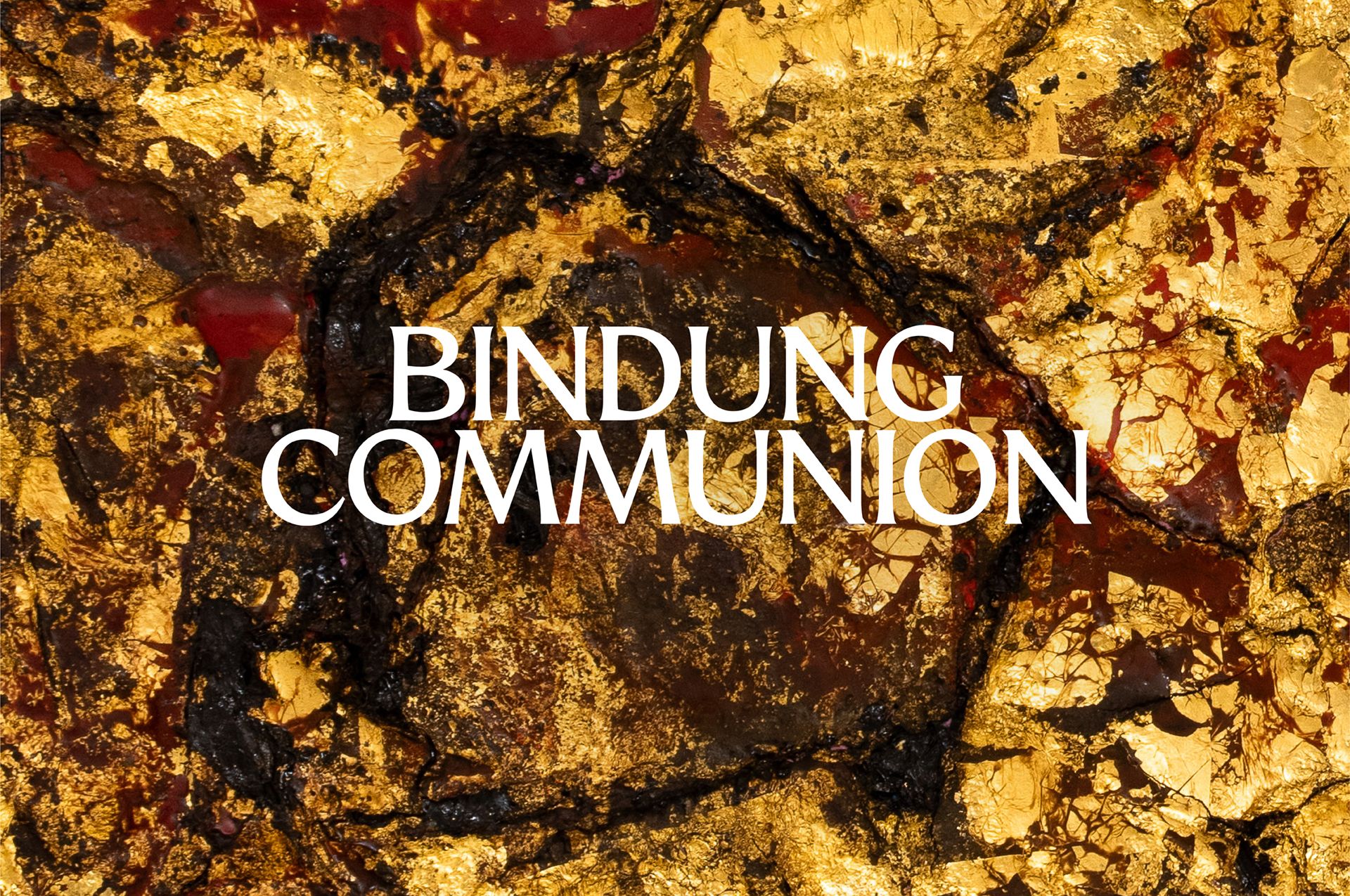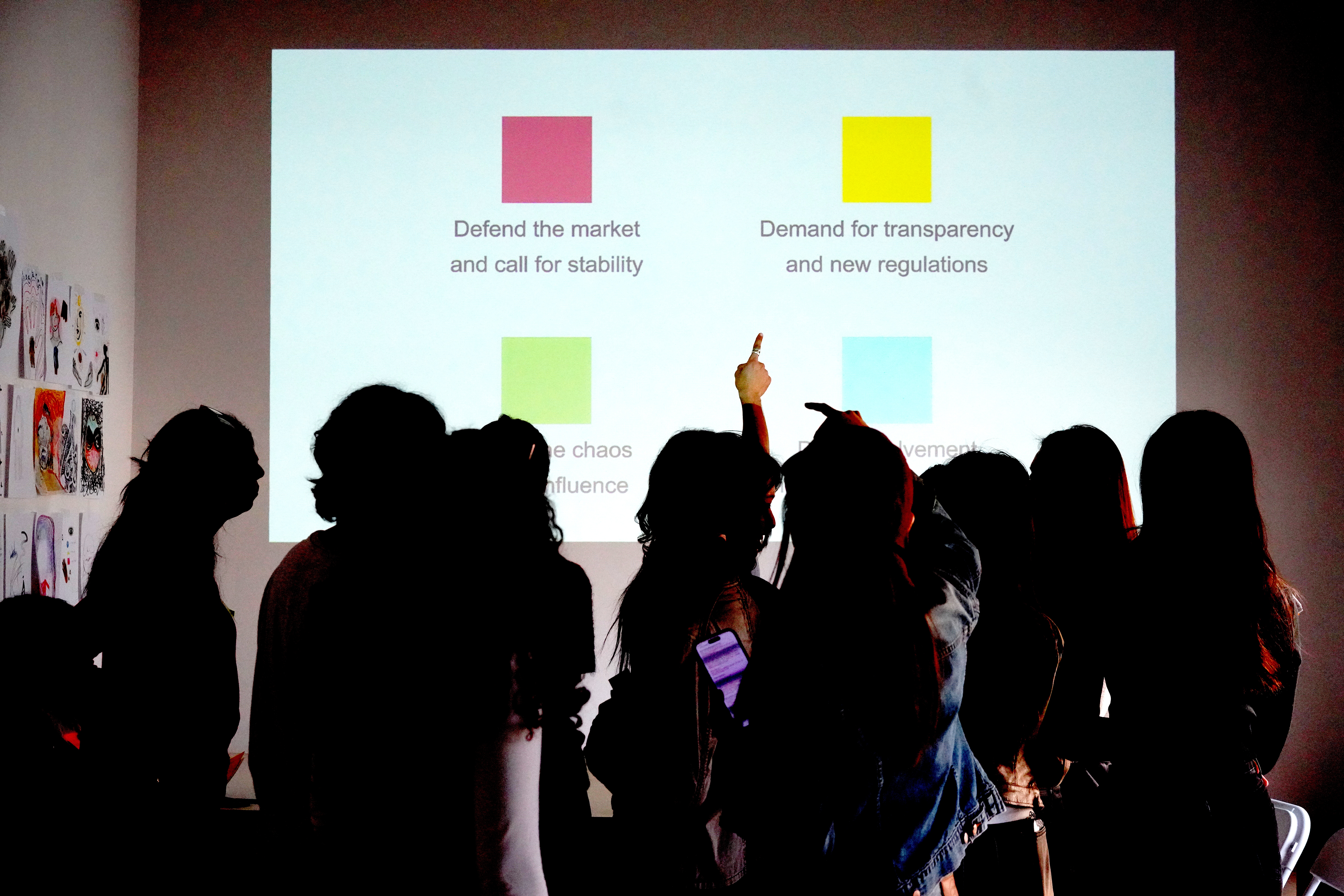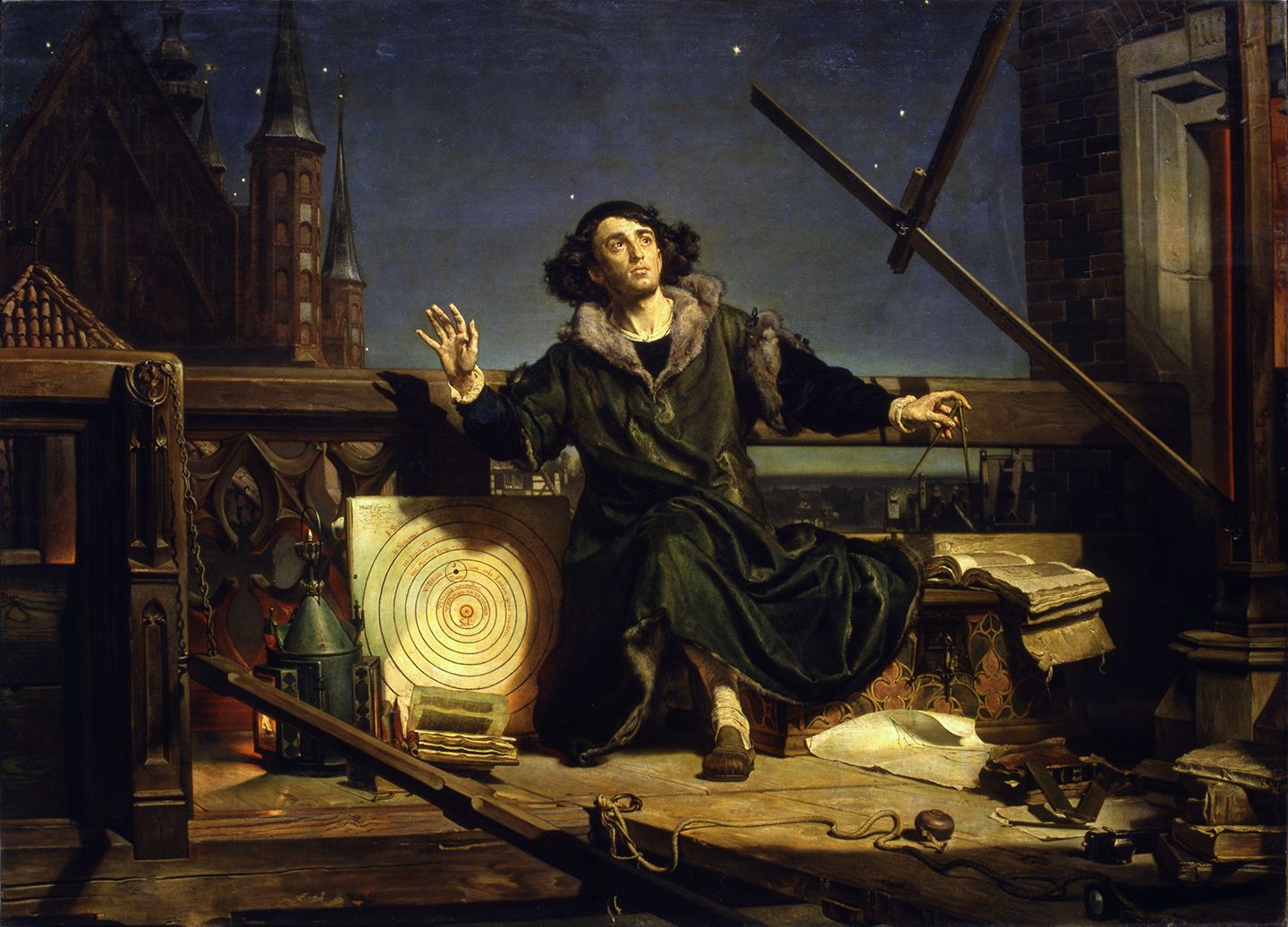With films by Julieta Aranda and Anton Vidokle, Kajsa Dahlberg, Hicham Gardaf, and Mona Vatamanu and Florin Tudor
Admission starts at $5
May 20, 2023, 5pm
Brooklyn 11205
USA
Join us at e-flux Screening Room on Saturday, May 20 at 5pm for The March of Time, the first event of the two-part screening program Clocking Out: Time Beyond Management co-curated by KJ Abudu, Zachary B. Feldman, Emily Small, and Johanna Thorell, the 2022-23 Helena Rubinstein Curatorial Fellows of the Whitney Independent Study Program. The screening will be introduced by the curators and followed by a discussion with the audience.
The March of Time centers on critical descriptions of time under global capitalism and the lasting effects of Western modernity’s imposition of a unilinear, progressive temporality on the Second and Third Worlds. The program weaves together a number of interrelated themes, spanning the genealogy of the proverbial notion that “time is money;” film technology’s structural imbrication with temporal labor discipline; architectural ruins of techno-utopian promises gone awry; and quotidian practices of slowness that militate against accelerated industrial modernization.
Read the full program for Clocking Out: Time Beyond Management, including details on the second screening taking place on May 25, here. The program is organized in conjunction with the exhibition Clocking Out: Time Beyond Management that is on view at Artists Space May 17-28, 2023.
Films
Julieta Aranda and Anton Vidokle, Notes for a Time/Bank (2012, 22 minutes)
Notes for a Time/Bank accompanies Aranda’s and Vidokle’s discursive platform artwork, Time/Bank (2009-2013). In conversation with historical precedents such as Robert Owen, Josiah Warren, and Paul Glover, Aranda and Vidokle’s enactment of a functional time bank for the arts community continues a quest for an alternative economy intended to stymie some of the most egregious side effects of capitalist exploitation. Notes for a Time/Bank poetically questions the history and possible future of a temporal economy in cinema, politics, and philosophy.
Kajsa Dahlberg, Reach, Grasp, Move, Position, Apply Force (2015, 42 minutes)
In Reach, Grasp, Move, Position, Apply Force (2015), Dahlberg examines how film, since its inception, has been used to analyze human movements. Systems like Methods–Time Measurement marked a radical shift in attitudes towards manual labor as each bodily gesture engaged in the production (such as those referenced in the film’s title) could be isolated, studied, and optimized. Bringing together archival footage of movement analysis with interviews of workers in Amazon warehouses, Apple manufacturers in China, parcel delivery services, and freelance translators, the film both reflects on temporal regimentation of labor and how its own means of production are involved in these politics of time.
Mona Vatamanu and Florin Tudor, Omnia Communia Deserta (2020, 29 minutes)
Omnia Communia Deserta reflects on the architectural and social functions of Omnia Hall, the now-abandoned Romanian senate and theater of power for Nicolae Ceaușescu (the last Communist leader of Romania, executed in 1989). Cultural theorist Ovidiu Tichindeleanu guides the viewer through the architectural ruins and elucidates how the space’s built features capture socialist civilisation’s desire to achieve efficient modernity. The building’s title, and by extension the film’s, was derived from a Latin proverb, “omnia sunt communia,” meaning “all things in common.” The filmmakers appropriate and adapt the phrase, originally used to express utopian desires, to uncover a past that once gazed into the future.
Hicham Gardaf, In Praise of Slowness (2023, 17 minutes)
Set in modern-day Tangier, In Praise of Slowness follows the laborious journey of a man collecting empty bottles, which he later sells to bleach vendors that roam the labyrinthic streets of the old city. In the face of global and economic forces that reshape the city, the bleach vendors teeter on the verge of disappearance, yet this filmic portrait of their supply chain and insistent chanting conveys acoustic and visual images of collective endurance. The film speaks to the accelerated urbanization and industrialization of Tangier, but also attests to how locally situated choreographies of slowness articulate modes of resistance to the speed of capitalism.
For more information, contact program@e-flux.com.
Accessibility
–Two flights of stairs lead up to the building’s front entrance at 172 Classon Avenue.
–For elevator access, please RSVP to program@e-flux.com. The building has a freight elevator which leads into the e-flux office space. Entrance to the elevator is nearest to 180 Classon Ave (a garage door). We have a ramp for the steps within the space.
–e-flux has an ADA-compliant bathroom. There are no steps between the Screening Room and this bathroom.

